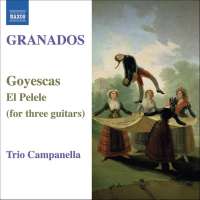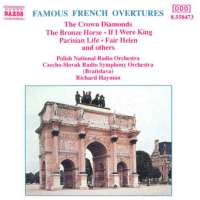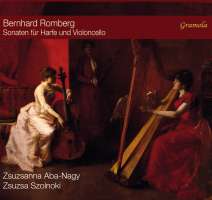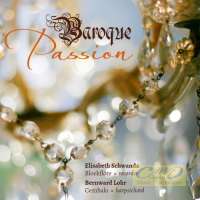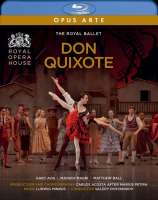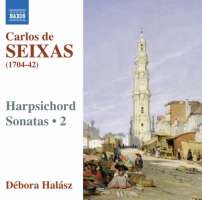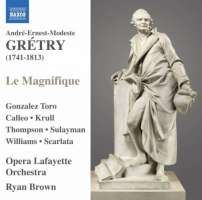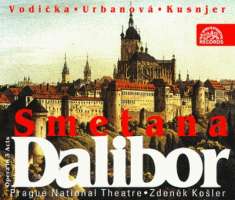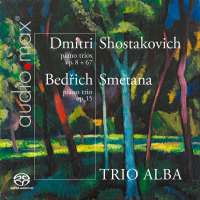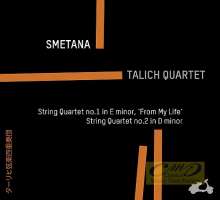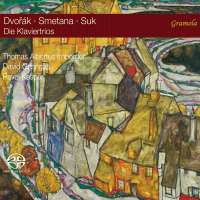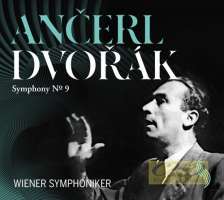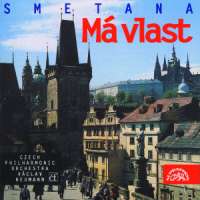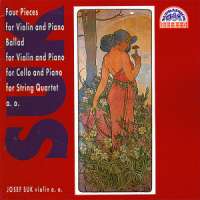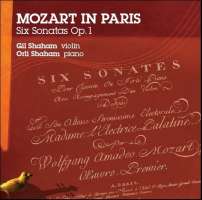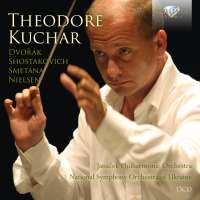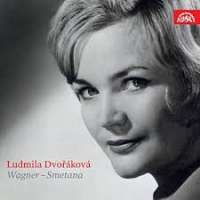
kompozytor
Smetana, Bedrich
tytuł
Smetana: Dalibor
nr katalogowy
SU 3541-2
opis
Nakład wyprzedany, ostatni egzemplarz One of the first complete sets of Czech opera recordings to have been produced in post-World War II Czechoslovakia by then newly established Supraphon record company was that of Smetana´s Dalibor, made in the Domovina Studio in the autumn of 1950. The project brought together a truly impressive array of stars of the Czech music scene. The conductor was Jaroslav Krombholc, then 32, a pupil of Vaclav Talich, who invited a team of distinguished collaborators including chorus master Jarmil Burghauser and three leading singers of the Prague National Theatre opera company: the tenor Beno Blachut (Dalibor), soprano Marie Podvalova (Milada), and baritone Vaclav Bednar (King Vladislav). The plot of Dalibor is set against a historical background as described by the Czech Humanistic scholar Viktorin Kornel ze Vsehrd, and taken over in the 19th century by Frantisek Palacky who incorporated it into his History of the Czech Nation. In international musicological literature, Dalibor has occasionally been labelled the "Czech Fidelio." While the parallel may seem appropriate taking into account the disguise of the heroines in both vehicles in men´s clothes, in fact there the similarity more or less ends: indeed, Milada happens to be of an entirely different stock from Leonora. Moreover, what is concerned here is not a story of love between husband and wife, but one of destructive passion embraced by the heroine against her will and common sense at the first sight of the title hero, an extraordinarily handsome man of bold gestures and unshakable determination to avenge the death of his slain friend Zdenek.
nośnik
CD
x 2
gatunek
Muzyka klasyczna
producent
Supraphon
data wydania
05-12-2001
EAN / kod kreskowy
099925354121
Produkt nagrodzony:
Diapason: 'Diapason d’Or de l’année' (2001)

(Produkt nie został jeszcze oceniony)
cena 139,00 zł
lubProdukt na zamówienie
Wysyłka ustalana indywidualnie.
Darmowa wysyłka dla zamówień powyżej 300 zł!
Darmowy kurier dla zamówień powyżej 500 zł!
sprawdź koszty wysyłki


